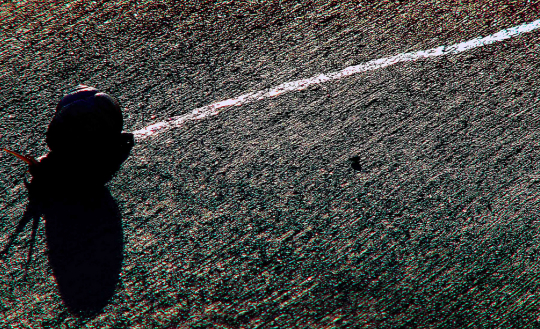Let Them Be Like the Snail That Dissolves to Slime
Psalm 58 is an imprecatory psalm. David asks God to tear out the fangs of his enemies, blunt their arrows, melt them like a snail in the sun.
We sometimes stumble at these psalms because Jesus said, “Love your enemies, do good to those who hate you” (Luke 6:27).
Can humble, obedient, loving Christians ever pray Psalm 58 and mean it the way the psalmist did?
Yes. Here is one possible scenario.
The wicked in view “deal out violence on the earth” (v. 2). They have resisted every remedial effort. They are entrenched and unwilling to listen—like cobras who stop their ears lest they be charmed into meekness (vv. 4-5).
So day after day their violence destroys the poor and the weak. Now there are two groups to be loved: the slaughterers and the about-to-be-slaughtered.
You see them coming to your town with their machetes. They have hacked hundreds of women and children to pieces in previous towns. They are terrifying to watch. What do you pray?
Of course you desire that they lay down their machetes, repent, and become your brothers. You have prayed that many times. You may have risked your life to offer that. But now fierce violence is in their eyes and they are about to chop the hands and legs off the children, and disembowel the women.
How does love for the women and children pray? It may well pray ,
Knock the fangs out of their mouths, O Lord (v. 6). May they disburse like water running away (v. 7a). May their machetes be dull and never find their mark (v. 7b). May the rising sun melt them like a snail, too slow to do its deadly work (v.8a). May they arrive at the house of the innocent like a stillborn child (v. 8b). O God, save the poor from the violence of the wrong.
And what if God answers? What if, by some amazing intervention, instead of dismembered babies, the violent themselves lie fallen in the street?
What will the righteous do? They will rejoice (v. 10). The red blood of those who slaughtered the innocent will be like the sunrise on a day of deliverance. The righteous will bask in its warmth (v. 10b).
And, if they have eyes to see, the world will say, “Surely there is a God who judges on earth” (v. 11). The innocent have been well loved.
When it says the righteous rejoice at the destruction of the enemy (v. 10a), it does not say what else they may feel. There may be sorrow as well—human beings in the image of God had destroyed and been destroyed—both horrible. It is possible to rejoice and weep over the same event.





